Benzene is an unsaturated hydrocarbon but does not give additio reactions under normal conditions. It undergoes electrophilic substitution reactions mainly. In substituted derivatives of benzene, orientation of further substitution is decided by resonance effect, steric factor etc. On the basis of this , answer of following:
Q. Which of the followig reagents used for alkylation of benzene by electrophilic substitution mechanism will give same product?
A
CH3−CH3∣CH−CH2−Cl in presence of anhy. AlCl3
B
(CH3)3COH in presaence of H2SO4
C
(CH3)2CH−CH2−OH in presenc of H2SO4
D
CH3−CH3∣C∣CH3−CH2−OH in presence of H2SO4
Video Solution
Text Solution
The correct Answer is:A, B, C
C6H6+CH3−CH3∣CH−CH2−Cl
AlCl3−−−−−−−−→−18∘Cto80∘CC6H5C(CH3)3
C6H6+CH3−CH3∣C∣CH3−CH2−OH
BF3−−→60∘CC6H5C(CH3)2CH2CH3
CH6H6+(CH3)3COHH3SO4−−−→C6H5−C(CH3)3
C6H6+(CH3)2C=CH2H2SO4−−−→C6H5−C(CH3)3
|
Similar Questions
Knowledge Check
Benzene is an unsaturated hydrocarbon but does not give additio reactions under normal conditions. It undergoes electrophilic substitution reactions mainly. In substituted derivatives of benzene, orientation of further substitution is decided by resonance effect, steric factor etc. On the basis of this , answer of following:
Q. In which of the following the given product is the major productA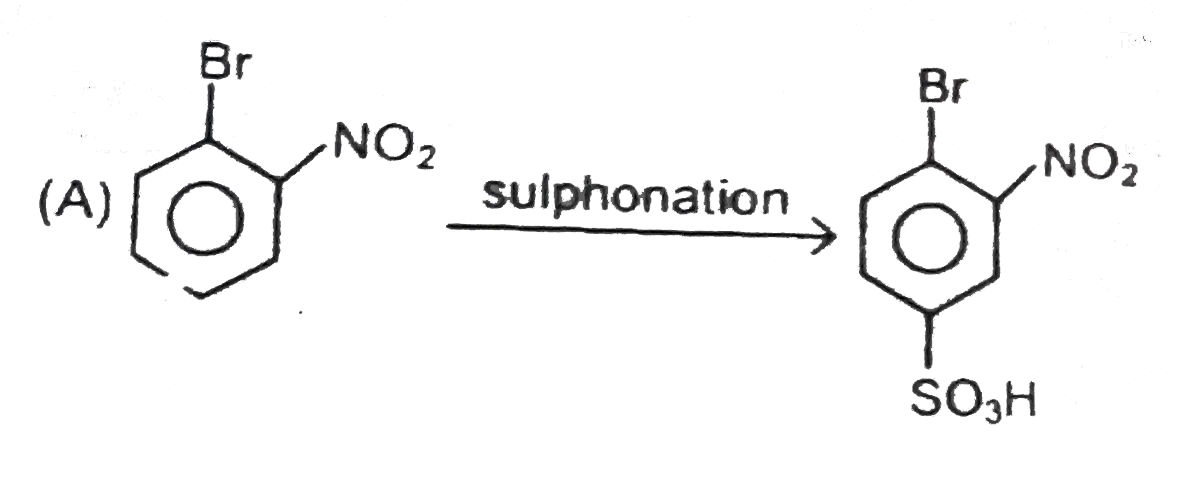 B
B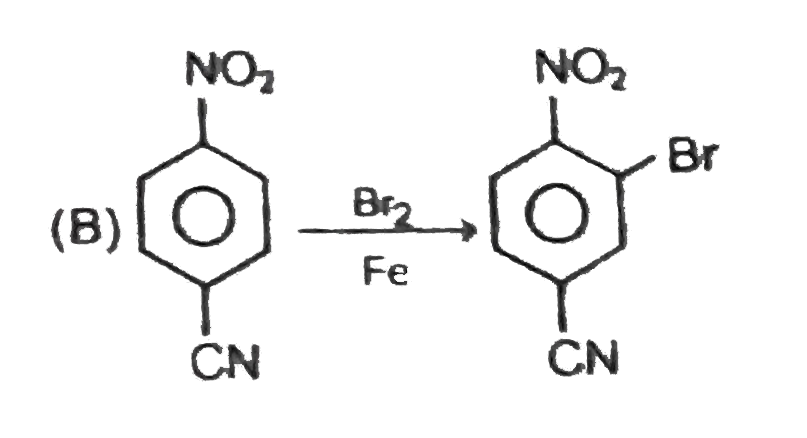 C
C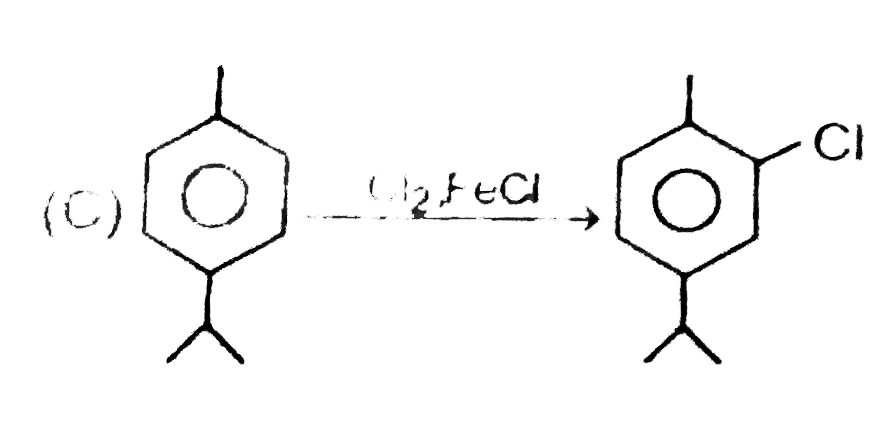 D
D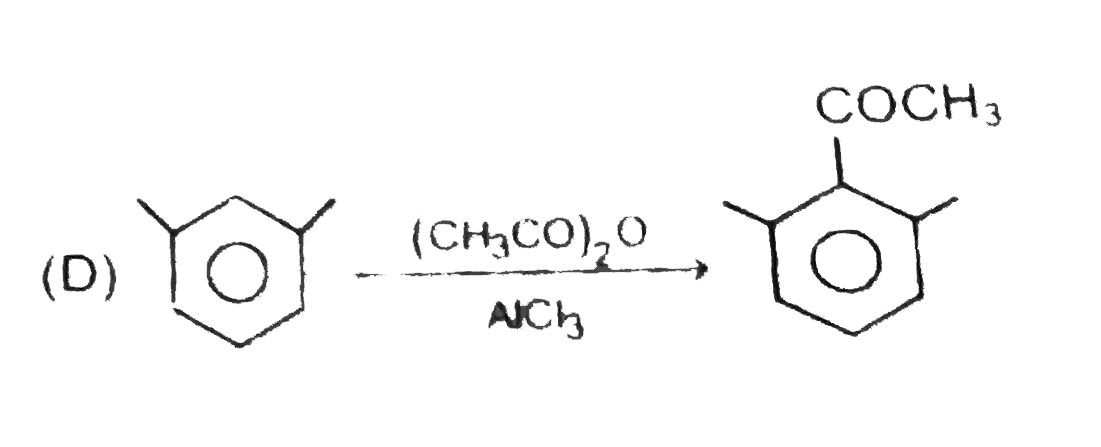
Which of the following group(s) activate the benzene ring towards electrophilic substitution reaction.
A−ClB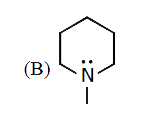 C−O−O||C−CH3D−C≡..N
C−O−O||C−CH3D−C≡..NWhich of the following undergoes electrophilic substitution reactions faster than benzene?
APhenolBAnilineCbenzoic acidDNitrobenzene
Why does benzene undergo electrophilic substitution reactions easily and nucleophilic substitutions with difficulty?
View SolutionWhy does benzene undergo electrophilic substitution reactions easily and nucleophilic substitutions with difficulty?
View SolutionWhich of following species is less reactive than benzene in electrophilic substitution reaction
View SolutionWhich of the following undergoes electrophilic substitution reactions faster than benzene?
View SolutionWhich of the following steps is not correct in the mechanism of electrophilic substitution of benzene?
View Solution
